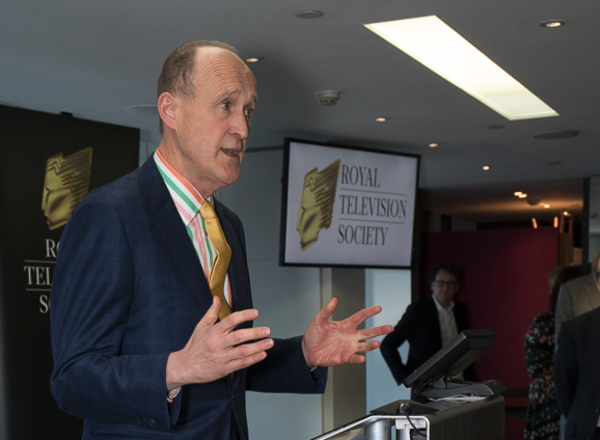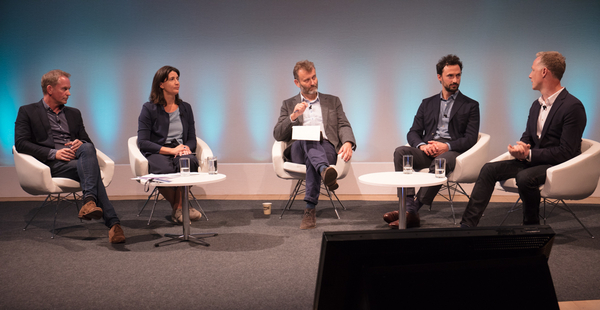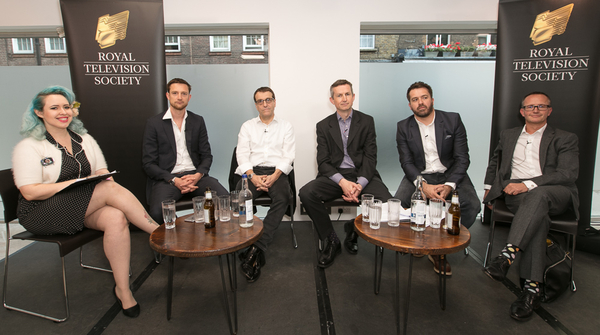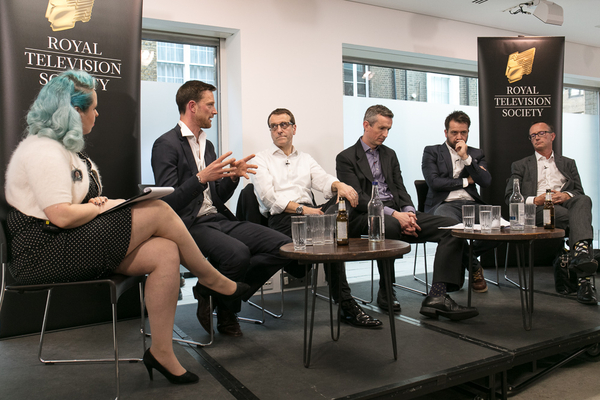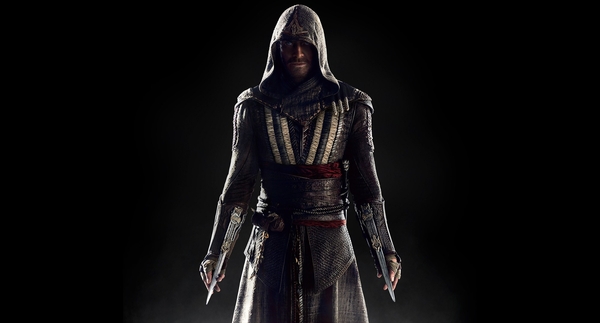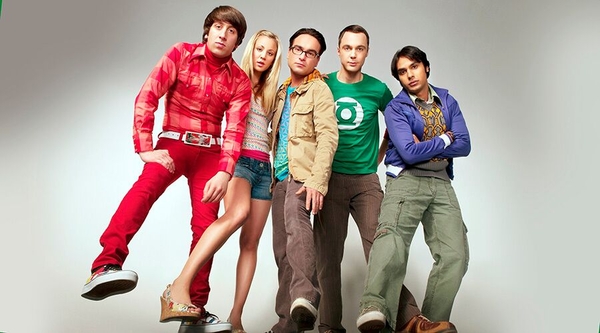Finecast targets a revolution in TV ads
London’s Red Lion Square is a place often associated with political revolution. But a few steps away from Conway Hall, home of meetings for radicals and disruptors since the 1920s, is the gleaming modernist UK HQ of global advertising giant GroupM. There, a very different kind of revolution is being conceived.
In September, GroupM officially launched Finecast, an addressable TV service that offers British broadcasters and other UK-based content platforms the ability to provide targeted advertising via a single access point and using a common data currency.


